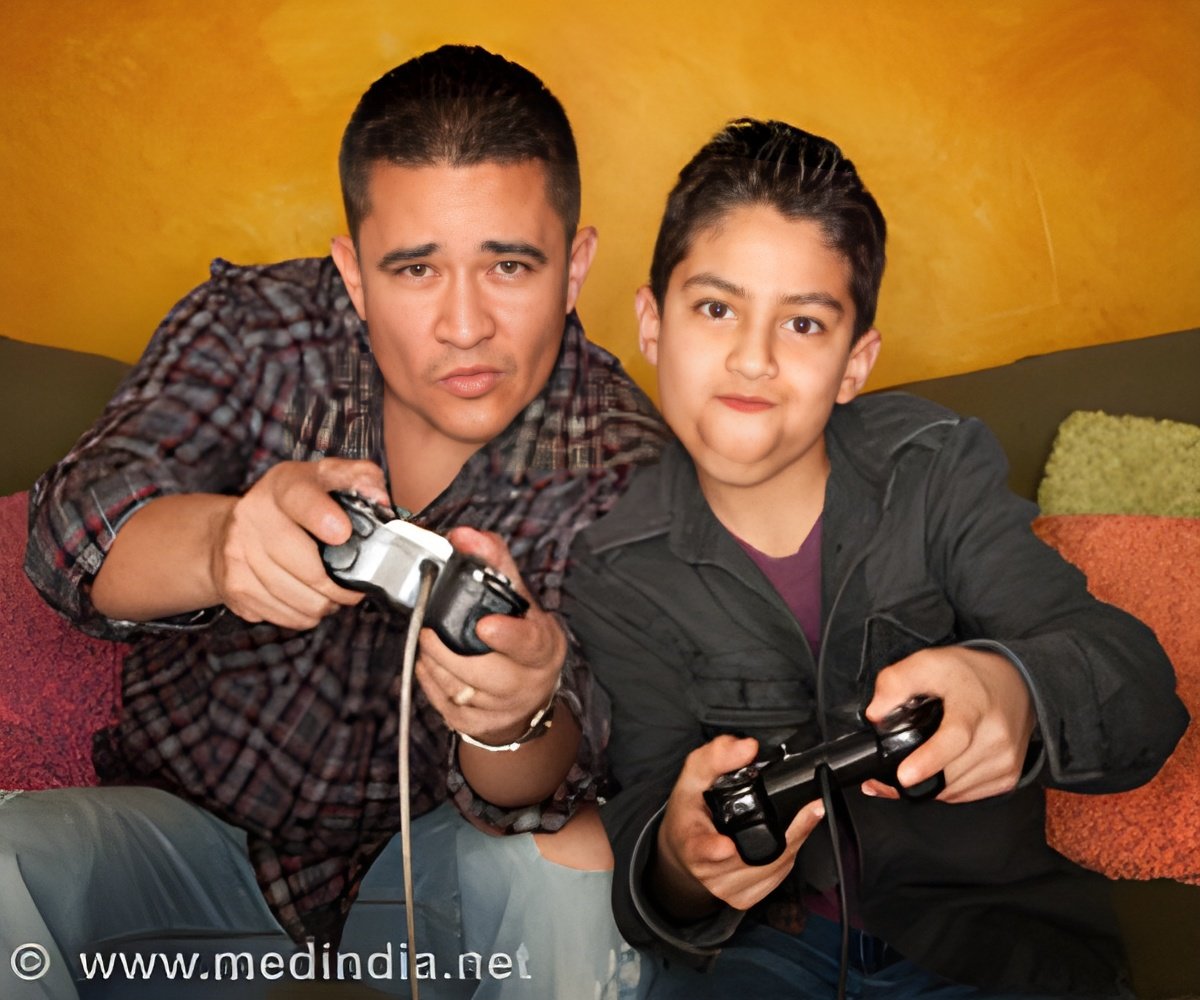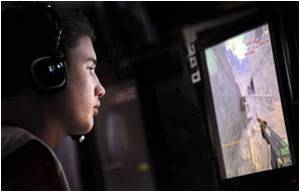
‘GUESS is a freely available game satisfaction measurement instrument that helps game developers and researchers gather quality feedback from play-testing and game evaluations.’
Tweet it Now
As described in their upcoming paper in Human Factors: The Journal of the Human Factors and Ergonomics Society, Human factors researchers Mikki H. Phan and Barbara S. Chaparro of Wichita State University and Joseph R. Keebler of Embry-Riddle Aeronautical University developed the GUESS to help game developers and researchers gather quality feedback from playtesting and game evaluations.The comprehensive multiphase study examined questionnaire responses about more than 450 popular commercial games from more than 600 gamers. Phan et al. found that the GUESS can be used with players at any experience level and with a variety of entertainment game genres to assess satisfaction on nine subscales:
- Usability/playability
- Narratives
- Play engrossment
- Enjoyment
- Creative freedom
- Audio aesthetics
- Personal gratification
- Social connectivity
- Visual aesthetics
To further that goal, they have made the GUESS available under a Creative Commons Attribution-NoDerivatives 4.0 International (CC BY-ND 4.0) License. The instrument can be freely copied and redistributed in any medium or format for any purpose as long as it passed along unchanged and in whole, and appropriate credit is given.
Source-Newswise










